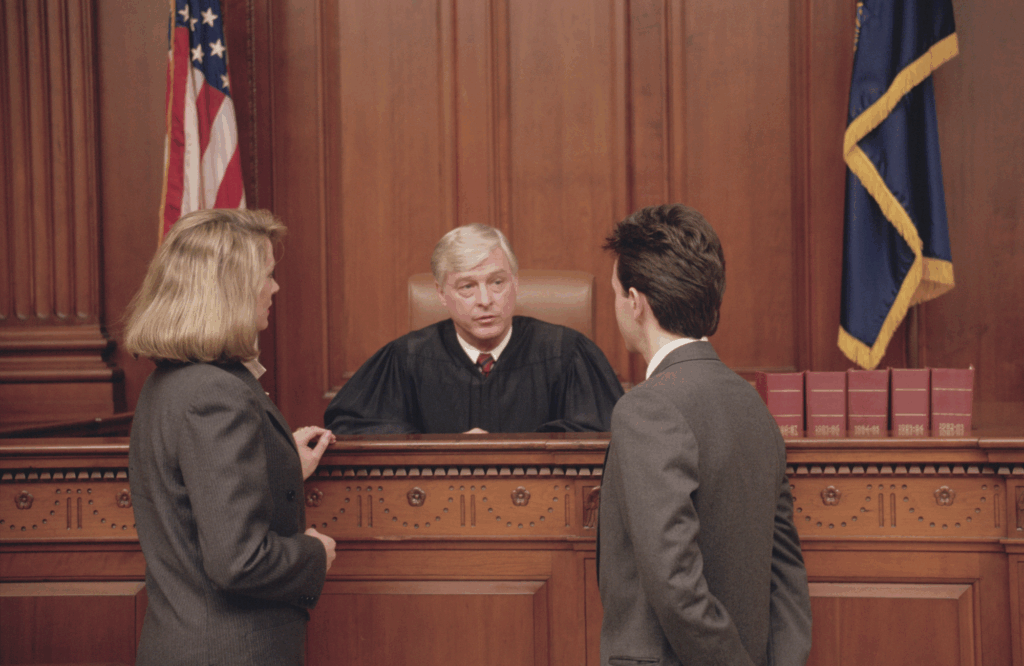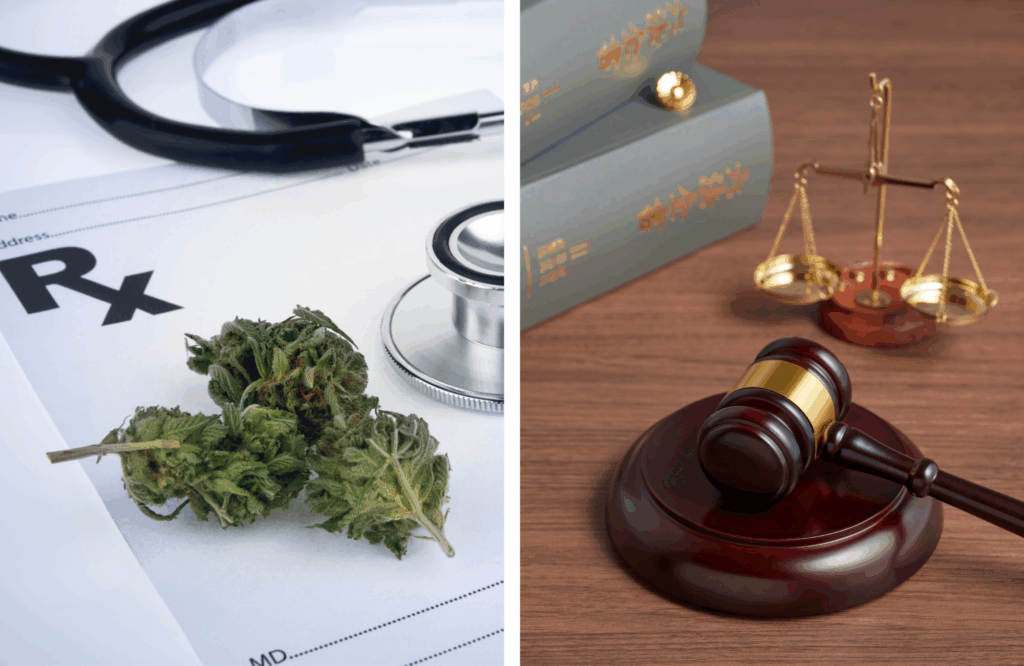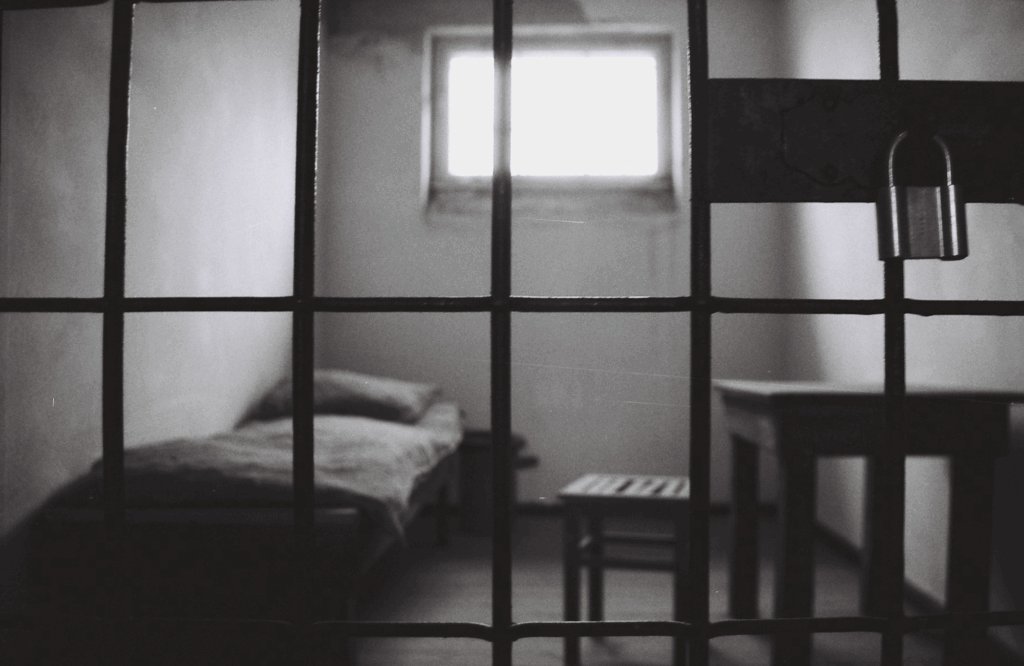
2025 Texas Criminal Law Updates: What You Need to Know
The 2025 Texas legislative session is still underway, with lawmakers considering several proposals that could bring major criminal law updates across the state. For anyone facing charges or families supporting a loved one through that process, it’s important to understand what these potential changes could mean.
Many of the bills under consideration involve serious topics like pretrial detention, DWI penalties, cannabis laws, and how evidence is shared in court. For those who could be affected, these are more than just policy issues; they can directly impact people’s lives, livelihoods, and futures.
We’ve broken down the key legislative proposals that could impact people facing criminal charges in Texas. Each section is designed to help you understand what’s being discussed, what could change, and why it matters. Whether you’re directly involved in a case or supporting someone who is, staying informed can make a meaningful difference.

Expanded Judicial Authority
One major proposal this session, Senate Joint Resolution 5 (SJR 5), aims to give judges more authority to deny bail in certain serious cases. This includes individuals accused of violent or sexual offenses or continuous human trafficking.
Under current Texas law, most people charged with a crime, even serious ones, are entitled to bail unless very specific conditions apply. In practice, this means that even someone accused of a violent felony can usually be released while awaiting trial if they can afford bail.
SJR 5 proposes a constitutional amendment that would change that. If passed by voters in November 2025, the new rule would allow a judge or magistrate to deny bail if they find, by clear and convincing evidence, that release would create a substantial risk to public safety or that the accused might not return to court.
To protect due process, any decision to deny bail would require a hearing and a written explanation from the judge outlining the reasons. The amendment would also require courts to consider factors already used when setting bail, such as the nature of the offense, prior history, and community ties.
What This Could Mean for Defendants:
If this measure becomes law, judges could hold more people in custody before trial, not because they’ve been found guilty, but because of the type of charges they face and a court’s assessment of risk. This change would raise the stakes at early hearings and make the bail process more complex, particularly in cases involving serious allegations.
Why This Matters:
Being held in jail before trial can have real consequences: it can disrupt jobs, families, and access to resources. It may also pressure individuals into decisions they wouldn’t make if they were released. This shift shows how even early stages in a case can shape long-term outcomes, especially when constitutional standards around bail are shifting.

Increased DWI Penalties
Senate Bill 2320 (SB 2320) proposes stricter penalties for driving while intoxicated (DWI) offenses in Texas. The bill has passed the Senate and is currently under review in the House. It’s part of a broader effort to curb alcohol-related traffic incidents, which remain high across the state.
If passed, this law would:
- Reclassify first-time DWI offenses from a Class B to a Class A misdemeanor, increasing potential jail time
- Make it a state jail felony if the driver’s blood alcohol level is 0.15 or higher
- Treat repeat DWI offenses more severely, especially those involving open containers, potentially elevating them to felony charges
These changes would increase not just the legal consequences but also the long-term impact of a DWI conviction.
What This Could Mean for Defendants:
For individuals charged with DWI, the potential penalties could become significantly more serious, even for a first offense. A higher classification means more than longer sentences; it can affect employment, driving privileges, and personal reputation. If the law passes, cases that previously involved fines or short jail terms may carry much more weight.
Why This Matters:
DWI charges already carry serious consequences. Raising penalties, especially to the felony level, increases the stakes for those involved. It also adds pressure on individuals to navigate a system that can feel confusing or intimidating. Understanding the law and how it applies to each unique case is key to making informed decisions during a difficult time.

Cannabis and Hemp Law Changes
Two major pieces of legislation could significantly reshape the legal landscape for cannabis-related products in Texas: Senate Bill 3 (SB 3) and Senate Bill 1505 (SB 1505).
SB 3 proposes strict new regulations on hemp-derived products. If passed, it would ban the sale of consumable hemp products that contain cannabinoids other than CBD (cannabidiol) or CBG (cannabigerol), effectively outlawing popular items like Delta-8 and other THC variants. It also creates new criminal offenses related to possession, sale, advertising, and packaging, and imposes high licensing and registration fees for businesses.
At the same time, SB 1505 seeks to expand the Texas Compassionate Use Program (TCUP), allowing broader medical access to low-THC cannabis for people with chronic conditions. It would increase the allowable THC content per dose, add distribution sites across Texas, and authorize new administration methods, including certain inhalers for medical use, allowing broader medical access to low-THC cannabis for people with chronic conditions. It would increase the allowable THC content per dose, add distribution sites across Texas, and authorize new administration methods, including certain inhalers for medical use.
What This Could Mean for Defendants:
People charged with cannabis or hemp-related offenses could soon face different, and in many cases, harsher legal outcomes. Products that were once sold openly might become illegal. That means charges for possession, sales, or transport of items like Delta-8 gummies or THC vapes could carry more serious penalties, including felony-level offenses.
At the same time, patients who rely on medical cannabis under the TCUP may see expanded access and protections, but only if those products fall within the narrow legal guidelines.
Why This Matters:
Texas is moving toward stricter enforcement on certain hemp products, while cautiously expanding legal access to low-THC cannabis for medical use. This creates a confusing legal environment, especially for individuals who may not realize that what’s legal today could be criminalized tomorrow.

Potential Changes to the Michael Morton Act
The Michael Morton Act, passed in 2013, was designed to ensure that people accused of crimes have access to the evidence in their case, a major safeguard against wrongful convictions. Now, two proposals moving through the Texas Legislature, House Bill 3330 (HB 3330) and Senate Bill 1124 (SB 1124), would revise that law in ways that could narrow defendants’ discovery rights.
Under the proposed changes, prosecutors could ask a judge to limit discovery if they argue the defense’s request is too broad or affects the safety or privacy of witnesses. They could also redact portions of evidence they decide are irrelevant or privileged, without turning over the full context to the defense unless the judge orders otherwise.
The bills also raise the standard for when judges can exclude evidence due to late disclosure. Under the proposed language, judges could only suppress evidence if the state knowingly withheld it or if the nondisclosure caused actual prejudice that couldn’t be fixed by other remedies.
What This Could Mean for Defendants:
If passed, these bills would make it easier for prosecutors to withhold or delay evidence, especially in close-call or complex cases. Defendants and their attorneys may find themselves having to litigate for access to key information, rather than receiving it automatically. This could raise the risk of being blindsided at trial and limit the ability to prepare a full defense.
Why This Matters:
Discovery rules aren’t just procedural; they shape outcomes. The more power prosecutors have to withhold or filter evidence, the more pressure it puts on defense counsel to act early and aggressively. If these changes become law, defendants will need attorneys who are not only skilled in trial work but who understand how to navigate pretrial discovery battles. These proposals are a reminder that fairness in the system is not guaranteed; it has to be fought for.

Progress Toward Humane Prison Conditions
House Bill 3006 (HB 3006) marks a significant step toward addressing extreme heat conditions in Texas prisons by requiring the installation of climate control systems in all state-run correctional facilities by the end of 2032. The bill mandates that temperatures in key areas, including housing units, medical and visitation spaces, dining halls, and staff posts, be maintained between 65°F and 85°F, the same basic standard already required in Texas county jails.
The plan unfolds in three phases, each addressing roughly one-third of prison units and capped at $100 million per phase. The project hinges on legislative funding, either through dedicated state appropriations or the allocation of federal dollars. The Texas Department of Criminal Justice (TDCJ) must conduct a competitive bidding process, consider efficient system designs, and is encouraged to use inmate labor where possible to reduce costs.
Why It Matters:
Extreme heat inside Texas prisons has long been a source of medical emergencies and human rights concerns. Inmates and correctional staff alike have endured summers in buildings where temperatures can soar well above safe levels, sometimes over 100°F. HB 3006 doesn’t change sentencing laws or parole eligibility, but it represents a broader push toward dignified treatment of incarcerated individuals.
Regardless of a person’s criminal record, the Constitution doesn’t stop at the prison gate. Conditions of confinement are a matter of public responsibility. Basic safety, including protection from deadly heat, is a minimum standard in a just society.

Closing Thoughts
These proposed laws reflect where Texas is heading on issues like bail, evidence sharing, cannabis enforcement, and prison conditions. For people caught in the justice system, the impact is personal, immediate, and often overwhelming.
At The Law Office of Brett A. Podolsky, we’ve worked with clients who never expected to be dealing with charges, courtrooms, or criminal records. What we’ve seen, time and again, is that knowing your rights and having the right legal strategy can make a real difference.
Changes in the law don’t just happen on paper. They show up in courtrooms, jail cells, and everyday lives. That’s why we stay on top of what’s happening in Austin, so we can better protect the people we serve.
If you or someone you care about is facing a criminal charge in Texas, don’t wait to get answers. Our team is here to help you understand your options, protect your rights, and move forward with confidence.
